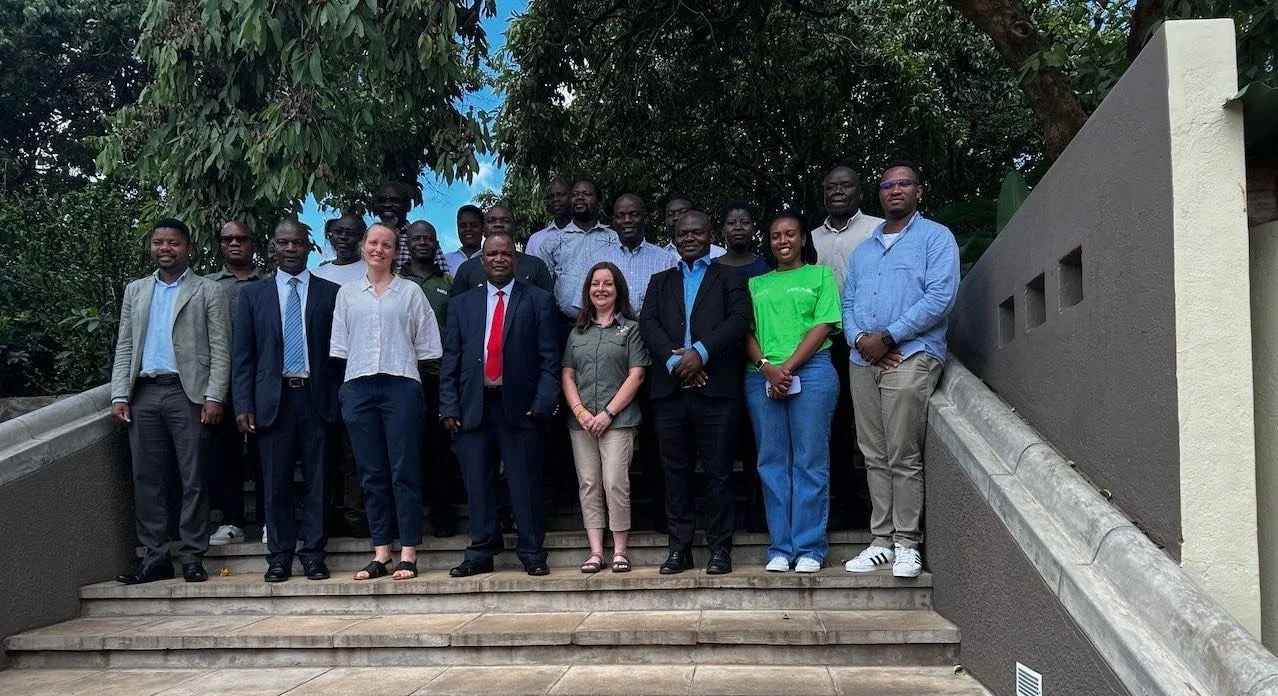GIZ ODHAA project
Compelling Works, in collaboration with GIZ and management4health AG, facilitated a workshop in Lilongwe focused on advancing semantic interoperability for rabies surveillance and management. This initiative brought together key stakeholders to improve access to critical rabies indicators and strengthen data integration efforts into Malawi’s One Health Surveillance Platform (OHSP).
The workshop aimed to provide stakeholders with structured access to key rabies data and identify existing data sources across health facilities. A crucial component of this effort was the assessment of data standards and terminologies used in rabies reporting, ensuring a more unified and interoperable approach across different sectors.
Participants engaged in mapping rabies-related data sources and evaluating the challenges in harmonizing health data across multiple platforms. Through this process, the workshop: Identified gaps in data standardization and terminology used in rabies surveillance. Explored solutions to improve data accuracy, integration, and interoperability. Strengthened collaboration among stakeholders to enhance the efficiency of rabies reporting.
By integrating rabies data into the One Health Surveillance Platform (OHSP), stakeholders can achieve a more comprehensive understanding of rabies trends, leading to better decision-making and response strategies. Improved interoperability ensures that critical data is readily available for timely action, ultimately contributing to better disease control and prevention measures.
The insights gathered from this workshop will be instrumental in shaping future strategies for data harmonization in rabies surveillance. By addressing interoperability challenges, Malawi is taking a significant step toward building a more efficient and responsive health information system under the One Health framework.
This initiative marks an important milestone in the ongoing effort to combat rabies and strengthen integrated health surveillance systems in the country. This is an initiative under the broader One Health Data Alliance for Africa, a program financed by the German Government (BMZ) and developed by GIZ to strengthen data governance, data management, and data use for One Health

